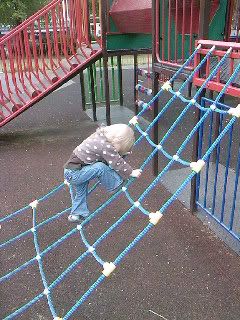Cunt wrote:Coito ergo sum wrote:I don't get it. Why is it too easy that way. I'd be interested in seeing the figures, as I'm sure most people would be.
It would be interesting to know how they are determining who is guilty and who is innocent, and if there is a clearinghouse of such knowledge one might reasonably wonder why the courts aren't using it.

OK I'll give it to you.
100% are NOT GUILTY
Innocent
until proven guilty is NOT just a saying - it's the law.
So that means that everyone who is arrested is every bit as innocent as you, Tigger or the Queen Mum. They should all be treated like innocent people, too.
Well, being arrested also means that there is at least probable cause to believe that the person arrested committed a crime.
The presumption of innocence is term used for the allocation of the burden of proof in a criminal prosecution. It doesn't mean that the person did not commit the crime. In the US, and most other countries, it is an
assumption of innocence that is indulged in the absence of contrary evidence (Taylor v. Kentucky, 436 U.S. 478, 98 S. Ct. 1930, 56 L. Ed. 2d 468 [1978]). It is not considered evidence of the defendant's innocence, and it does not require that a mandatory inference favorable to the defendant be drawn from any facts in evidence.
The reality is that no defendant would face trial unless somebody — the crime victim, the prosecutor, a police officer — believed that the defendant was guilty of a crime. After the government has presented enough evidence to constitute probable cause to believe that the defendant has committed a crime, the accused need not be treated as if he or she was innocent of a crime, and the defendant may be jailed with the approval of the court.
Even if a person is acquitted of the charges, it doesn't mean they aren't guilty. It could just mean that the prosecution failed to meet its burden to prove guilt beyond a reasonable doubt. Take the OJ Simpson murder trial. He was arrested based on probable cause to believe he committed murder, and was tried. He was acquitted by the jury. However, later, he faced a civil trial for wrongful death and was found responsible for the deaths of the people he was acquitted of murdering.



